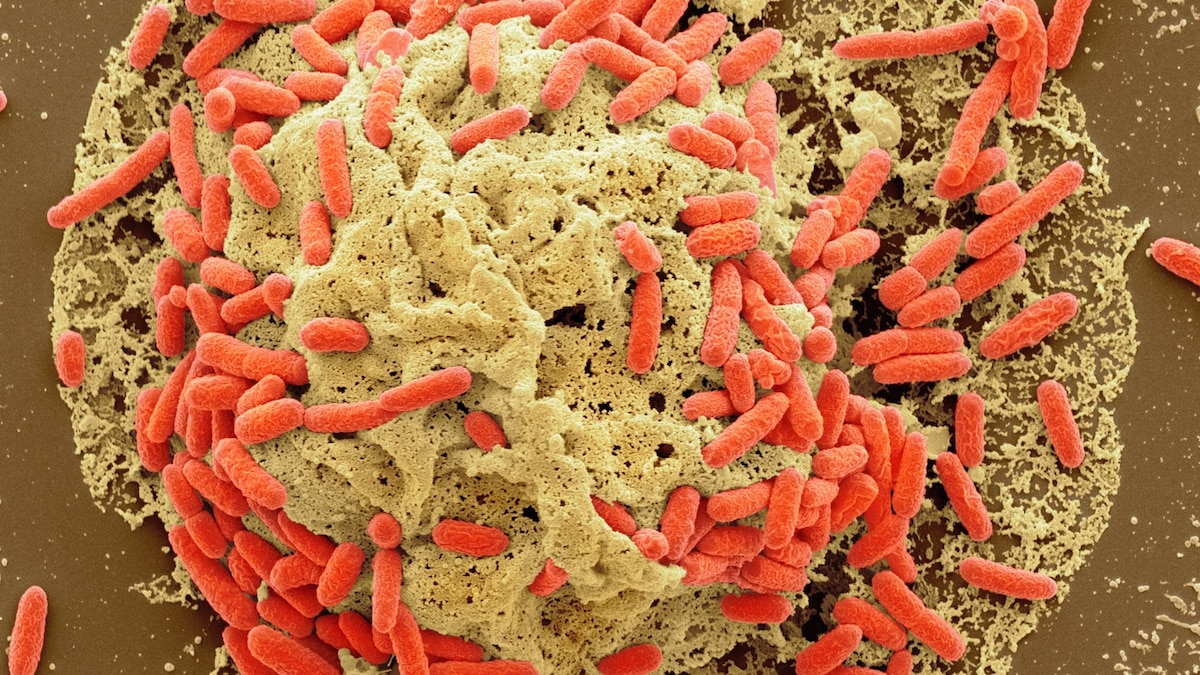Now Reading: Colon Cancer Surge Among Young People: Scientists Uncover Key Clue
-
01
Colon Cancer Surge Among Young People: Scientists Uncover Key Clue
Colon Cancer Surge Among Young People: Scientists Uncover Key Clue

Speedy Summary
- Colorectal cancer rates among people under 54 have increased by 11% in two decades; one in five diagnoses occur in this age group.
- A recent study published in Nature links childhood exposure to colibactin, a toxin from certain bacteria like E. coli, with early-onset colorectal cancer, especially for patients diagnosed under 40.
- Researchers examined nearly 1,000 colorectal cancer patients across 11 countries and found those under age 50 had mutations associated with colibactin exposure. Those diagnosed before age 40 were three times more likely to show these mutational patterns compared to those over age 70.
- The study suggests colibactin exposure may happen before the age of ten, accelerating tumor formation by decades and potentially influenced by early-life factors such as diet or antibiotic use. Environmental variables linked to Western diets might increase risks further, but specifics remain unclear.
- Scientists speculate about probiotics or stool tests targeting colibactin-related mutations as preventive strategies but need longitudinal data for validation.
- Lifestyle changes-diet improvements (e.g., Mediterranean-style eating), regular activity, quitting smoking-and awareness of symptoms like persistent abdominal pain can help reduce risks.
!cancerCT_scan.jpg”>3D CT scan showing narrowing due to colon cancer
Image credit: Zephr/Science Photo Library
Indian Opinion Analysis
The findings on colibactin provide crucial insights into the rising trend of early-onset colorectal cancers worldwide-a figure relevant given India’s transition towards increasingly urban and Westernized lifestyles associated with dietary shifts that could heighten risk factors further. While the causes remain multifaceted-from microbiome composition shaped sence infancy to environmental exposures-it underscores an urgent need for targeted research within diverse sociocultural regions.
for India’s medical community and public health strategy, integrating microbiome-focused diagnostics could revolutionize early detection methods amidst its historically low screening rates for cancers like colorectal types. However, practical implementation must consider affordability and accessibility challenges faced by India’s vast rural populations-a demographic potentially shielded by less processed diets yet at risk due to limited healthcare infrastructure.
Encouraging general awareness through symptom education aligns well with India’s push towards preventive healthcare campaigns such as Fit India movement or initiatives addressing malnutrition via improved dietary habits-steps critical not just against cancers but overall wellness efforts nationwide.























